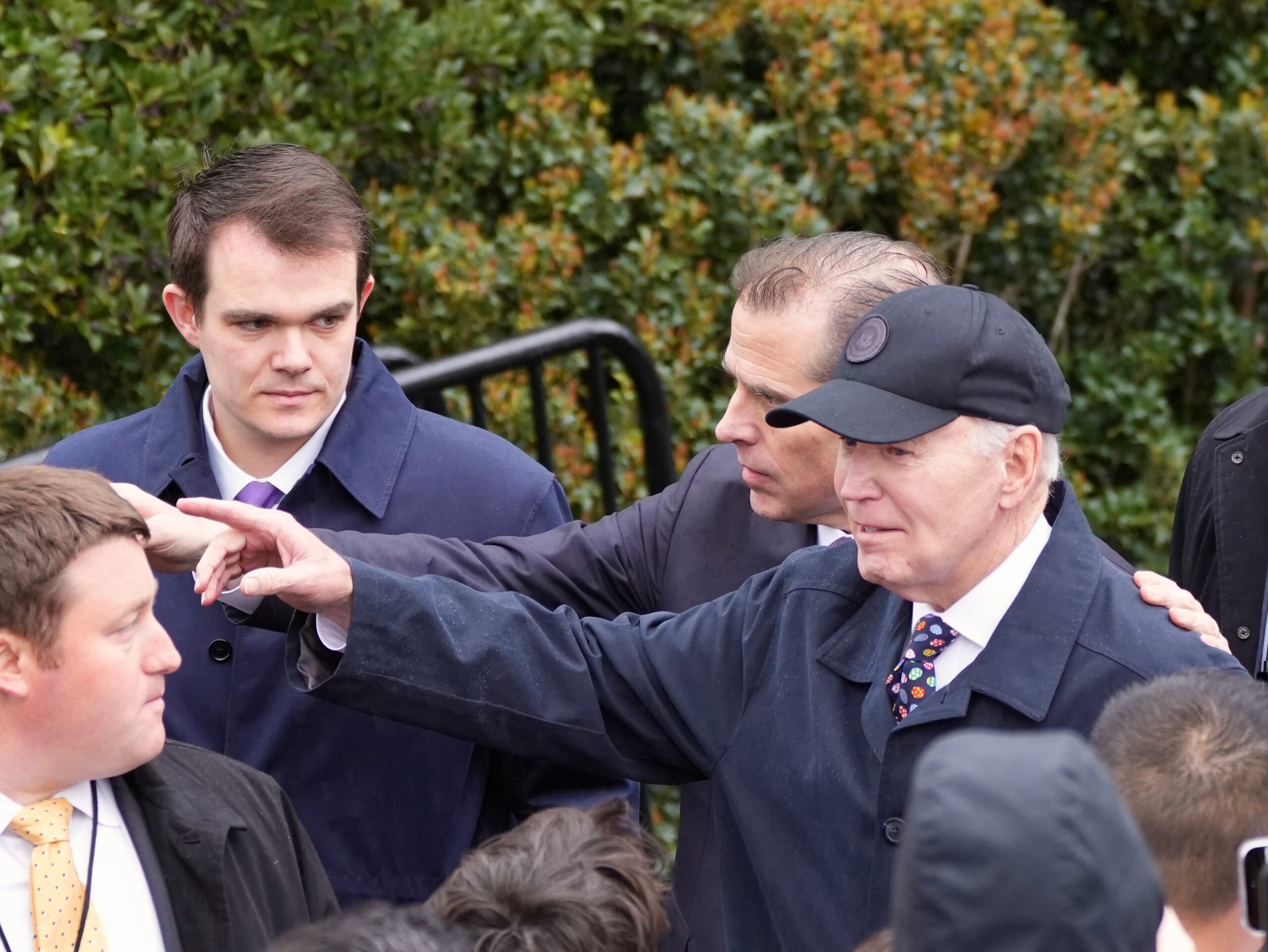The February California Bar Exam faced notable disruptions and scoring controversies that resulted in significant implications for test-takers and the legal profession.
At a Glance
- Over 200 candidates moved from fail to pass after score re-evaluation.
- The pass rate increased to 63%, almost doubling the usual average rate.
- Technical and grading issues prompted changes and raised fairness concerns.
- The California Supreme Court’s involvement could influence future legal examinations.
Re-Evaluation and Increased Pass Rate
The February 2025 California Bar Exam’s results were revised, with scores re-evaluated, moving over 200 candidates from a fail to a pass status. This decision sparked debates over fairness and competence, as the state’s pass rate increased to a record 63%, nearly double the historical average of 35%. This recalibration was primarily due to grading errors and technical challenges encountered during the online exam process.
The exam’s hybrid model, featuring both online and in-person elements, led to several disruptions, including internet outages and poor proctoring, which affected the exam’s administration. Additionally, incorrect grading further complicated the issue, leading candidates to be graded on exams other than their own. Subsequently, lawsuits were filed against Meazure Learning, the administration entity responsible for the exam.
Supreme Court Intervention
The California Supreme Court now contemplates new powers to address the ongoing controversy and its ramifications on the legal profession’s integrity. Critics argue that the revised grading method, which awards the higher score for each written question, might lower the quality of legal professionals. Others suggest that diversity, equity, and inclusion pressures influenced some of these changes, stirring demands for improved oversight.
“This recalibration was necessary to address the flaws in the original grading process and ensure fairness to all applicants.” – spokesperson for the State Bar.
The implications for the candidates are substantial. Of the 230 individuals who subsequently passed due to recalibrated scores, questions of fairness and entry into the legal profession arise. A proposal is under review to enable these individuals to practice law provisionally and extend the provisional licensure program, pending Supreme Court approval.
Commitment to Public Protection
The State Bar emphasized its commitment to public protection in the wake of the complications that affected examinees. Affected individuals are informed of their updated status and have been given the opportunity to retake certain portions of the test in July 2025 if desired.
“lowering the bar” – some.
While the State Bar insists on maintaining quality standards, doubts about the new policy’s impact on public safety persist. Critics argue that the process may permit unqualified candidates to enter the legal field under revised scores. Nonetheless, the unfolding response from the legal community and the outcomes of any further Supreme Court decisions will significantly shape the future landscape of California’s legal profession.






